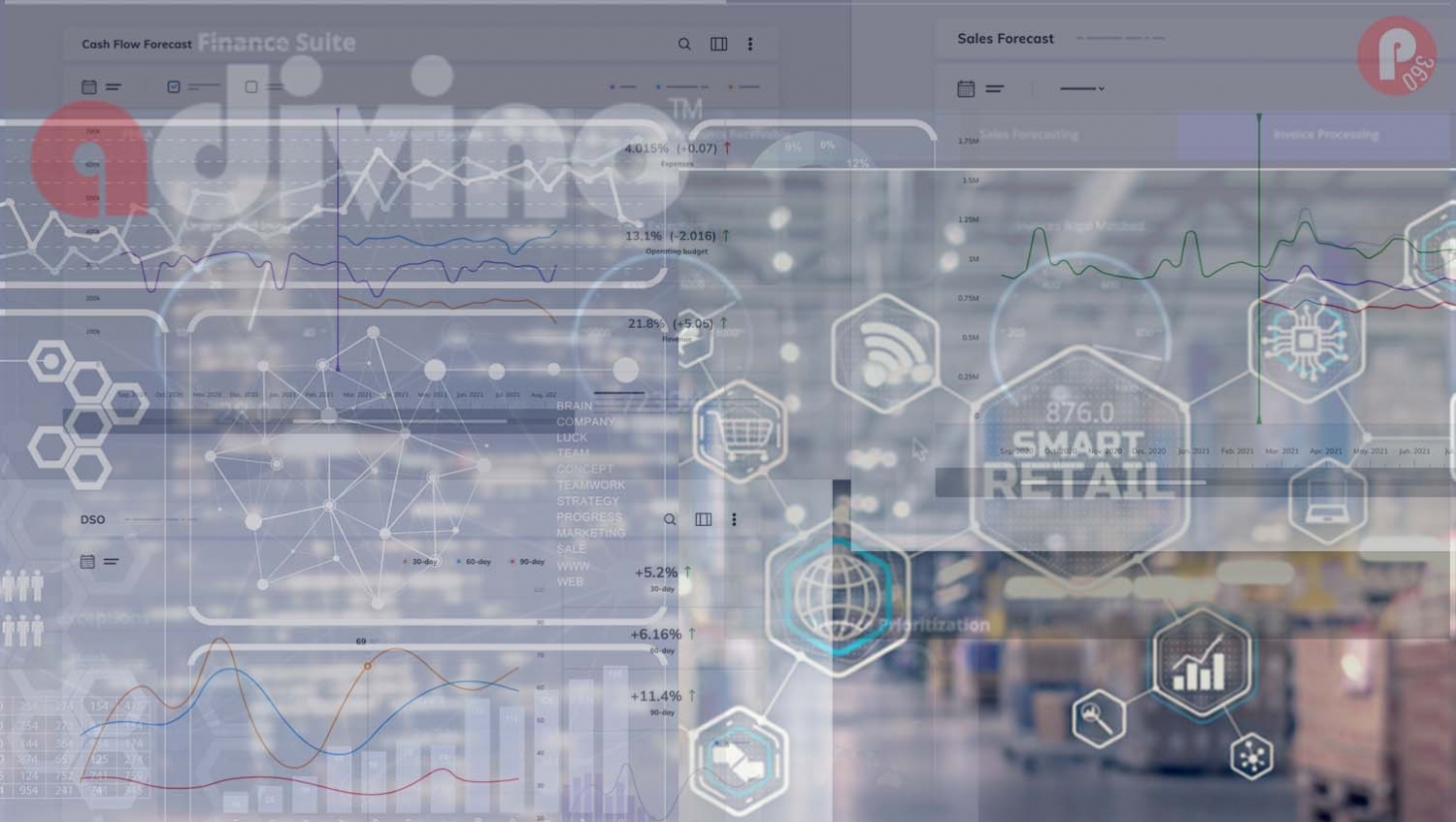
For businesses seeking to succeed in the modern digitally powered economy, data is a double-edged sword. While it holds the secrets to optimizing operations, supercharging sales, and mastering merchandising, the work required to convert data to knowledge is mystifying at best and overwhelming at worst. For many businesses, the data they collect never becomes valuable, actionable knowledge.
"Simply gathering and analyzing data is very time consuming," says Anil Varghese, CEO of Proxima360. "A very lean, efficient organization doesn't have the bandwidth to move beyond gathering data to be able to explore options and present findings. It was a complex process to begin with and COVID made it more complex."
Algo retailing provides a solution for businesses struggling with the daunting task of converting data to information that can drive informed decisions. Blending the art of business with the science of data, algo retailing is a methodology that uses machine learning to empower retailers to understand and respond to their data effectively and efficiently.
Using machine learning to empower business
Proxima360 is a team of experts with more than 25 years of experience addressing critical business needs within the complex retail landscape. As a specialist in retail innovation, Proxima 360 has helped countless clients use technology to simplify their retail operational landscape.
As the changes brought about in the retail world by the COVID-19 pandemic made it more challenging than ever to understand and respond to data, Proxima360 quickly understood that algo retailing could aid businesses by leveraging machine learning to create new reliable predictive models.
Traditionally, businesses use spreadsheets to gather, organize, and analyze data, using predictive models that are based on past performance. COVID made prior data unreliable for forecasting sales trends and inventory needs. As a result, retailers were forced to rely on a host of new variables. When using spreadsheets, adding variables means adding complexity. Complexity can cause traditional forecasting models to break down.
Machine learning responds very differently to new variables; it grows more effective with the introduction of each new variable, resulting in better predictive models.
"The moment you increase the variables with machine learning, the better the solution is going to be," says Varghese. "That's where we saw an opportunity with machine learning and artificial intelligence."
Using retail experience to improve data analysis
One of the most valuable lessons that retailers have learned from the COVID pandemic is that data doesn't tell the whole story. Navigating the pandemic required retailers to draw upon their experience and react quickly to the ever changing retail landscape. Traditional forecasting models do not do well in that type of environment. Machine learning, however, takes it in stride.
"There are a lot of different solutions for focusing and optimizing based on data," says Varghese. "However, they typically are built on algorithms that need to be updated when scenarios change. They don't have the flexibility that machine learning does to adapt to new needs."
Whereas traditional data models are built on past performance, machine learning models can be constantly augmented by the experiences that retailers are having in the present. Models can be easily updated to reflect the new reality. The result is that businesses can spend more time on analysis and decision making and less time on building new spreadsheets or updating algorithms.
"Machine learning tools have the capability to rationalize and enhance their own learning experience," explains Carlos Diaz, Proxima360's Senior Director of Customer Success. "They give the user the capability to engage in a way that prompts better understanding and updated solutions."
Using Adivino to improve financial forecasting
Adivino, named after the Spanish word for "fortune teller," is a solution designed by Proxima360 to allow businesses to apply machine learning to financial forecasting models. As with any machine learning tool, Adivino helps businesses to be more responsive to changing trends by combining data with real-world experience.
Building on the data that businesses are already collecting, Adivino allows users to integrate strategies and financial objectives into forecast models so that cash-flow goals can be achieved. It gives users the power to adjust forecast models based on their experience and obtain analysis that can be used to optimally allocate merchandise.
Adivino brings the power of machine learning to any business, making it easier to step into the world of algo retailing.
"This is not just an enterprise retail solution," explains Diaz. "If you are selling goods and services, no matter the size of your business, this is a tool you can benefit from. You don't need a huge finance department behind you. It maximizes your resources and your capabilities."
The changes brought upon the world of retail business by the COVID pandemic clearly revealed that traditional forecasting tools are inefficient and ineffective. To thrive in the new normal, businesses need to adopt tools that provide power and flexibility. Adivino reveals how machine learning can help businesses to understand and overcome challenges with allocation, merchandising, cash flow, payment processing, ecommerce, revenue generation, accounting, and payroll.
"Science cannot do it all," says Varghese. "It's the right combination of the art of business and the science of data that is going to be big. The companies that are successful have adopted algo retailing. Everyone has to adopt it; it's just a matter of time. Whoever does it faster, they will reap the benefits."
* This is a contributed article and this content does not necessarily represent the views of techtimes.com









